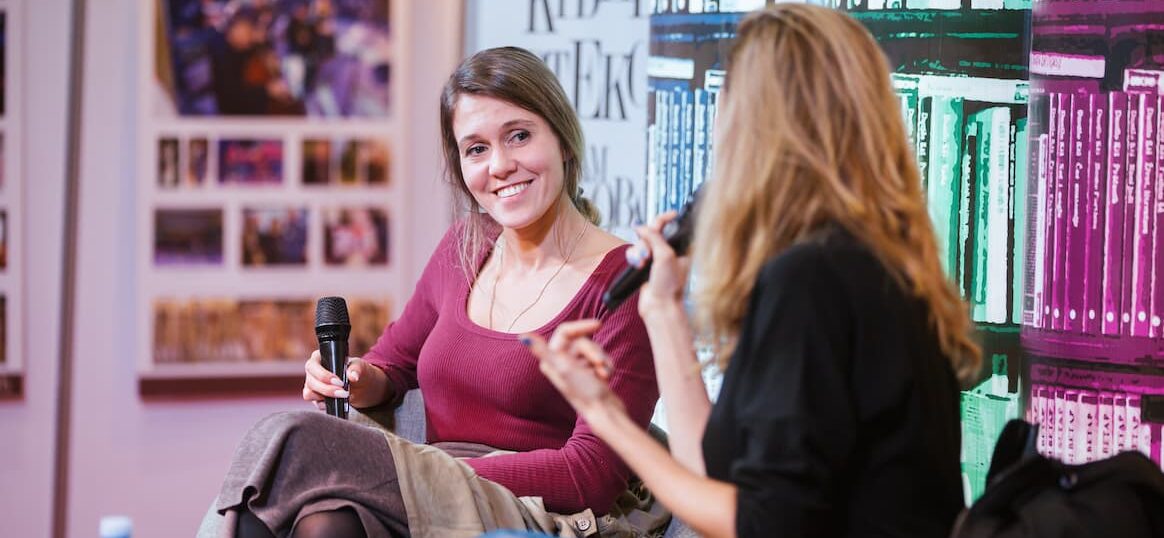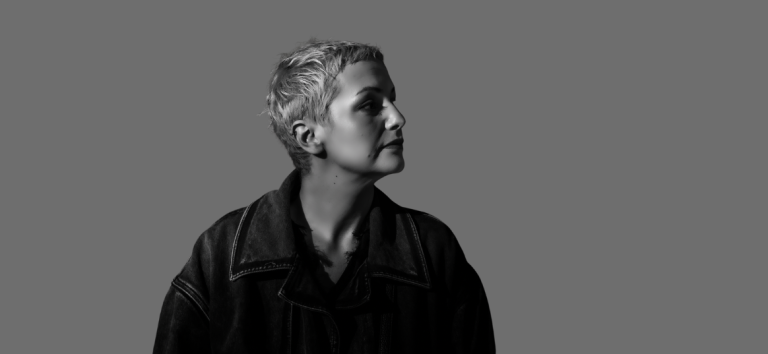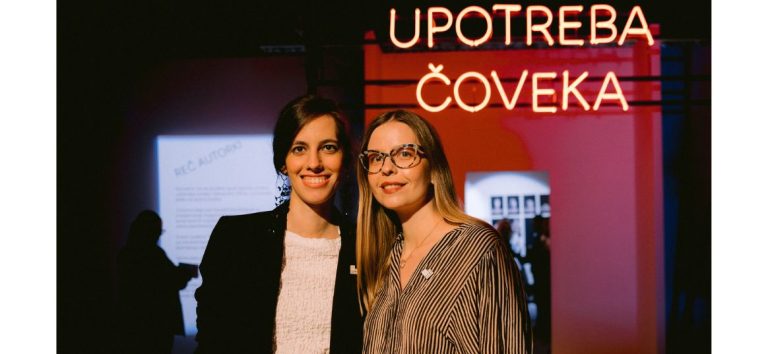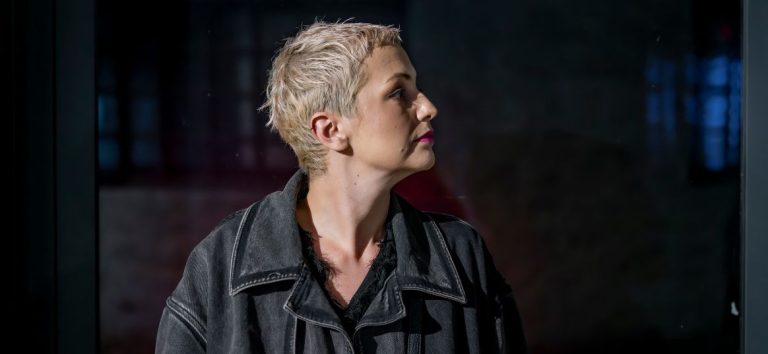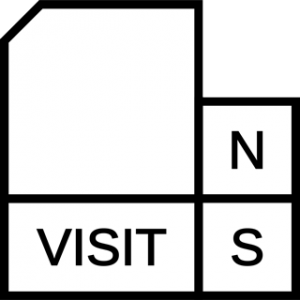‘Novi Sad – European Capital of Culture’ Foundation has launched a public call for support for artists in 2022 called Artists. Now, which will be implemented within the Kaleidoscope of Culture programme arch. The goal of the call is to strengthen the art scene, through the visibility of young and non-established artists. Until now, the call was only at the local level, but for the first time it includes artists from all over Serbia. The application deadline is 24 June 2022. On that occasion, we spoke with a member of the jury, Milica Vučković, one of the prominent writers and the author of one of the most popular novels in our region Smrtni ishod atletskih povreda (En.The Fatal Outcome of Athletic Injuries).
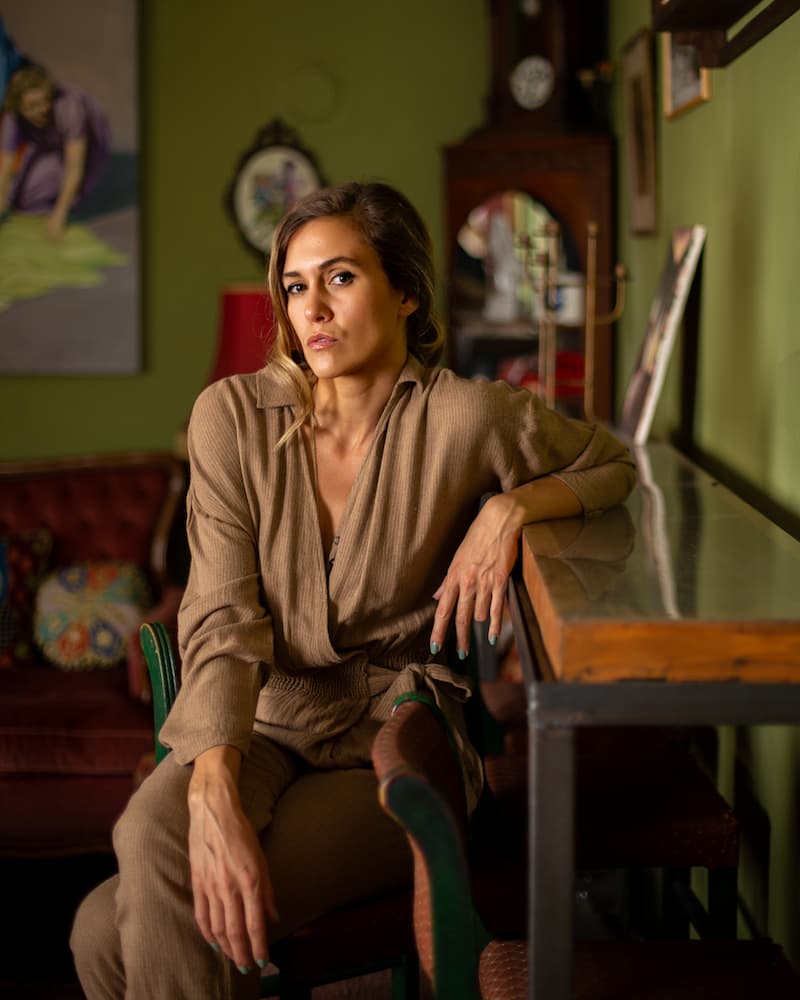
Strengthening the art scene through the visibility of young and non-established artists is the topic and the main goal of the Artists. Now public call. For the first time, the call will include artists from all over Serbia. In your opinion, as a jury, what does this call bring to young people and is this an opportunity for non-established artists to stand out?
Young and non-established artists are in an unenviable position in our country, no matter how talented they are, unless they do not have some already exceptionally good existential conditions. There are few infrastructures, awards, galleries and competitions that are interested in the work of young artists, which are usually some sounding names in advance, and some supposed stakeholders. In addition, calls are often complex and demanding, and someone without sufficient experience cannot be expected to be able to write a complex project that could apply to the Ministry’s call for example. Therefore, a call like this is a real opportunity for those who have the will, enthusiasm and talent and insufficient experience and resources to raise their work to a higher level, reach that space and initiate themselves into the world of art production in a more important sense. There should be as many such calls as possible, because all the potential lies in those young people we have never heard of before.
As a member of the jury, you will contribute to the Kaleidoscope of Culture event, the best European Trend Brand in the field of culture. What criteria do you follow when evaluating and selecting artists whose projects will enrich the cultural scene of Novi Sad? Are there any challenges?
This is the first time for me to be part of such a jury, it will certainly be challenging, and the criteria I follow are based on my knowledge, title and experience in the field in which I work. It often seems to people that artistic creation, especially art, cannot be viewed and judged objectively, but that, of course, is not the case. A successful work of art is one that contains an obvious disposition of knowledge in the field in which it deals, with a certain, authentic author’s upgrade, and that is something that is easily recognizable.
In your opinion, who are the role models on the local art scene, but also the new, young names of the local contemporary art, worthy of attention?
I’m not quite sure that the category of ‘role model’ is close to me, but I’m sure that the young art scene is in full swing. Every now and then, I discover a new young artist that I admire, for which social networks are most responsible, as the only free and accessible platform for affirming their work. Someone who would decide to make a gallery or cultural centre for young people would have their hands full. I think it is necessary for something like that to happen and for them to get the institutional support, and the infrastructure that is necessary for creativity. That is what is in deficit. We do not lack artists and talent.
How important is it today to bring art closer to the common man and how can it help us cope with the challenges we face in this modern age?
Although I agree that it is important to bring art closer to the ‘ordinary man’, no one says that it is so. It seems to me that the most current artists and the world art scene do not think so, but try to distance themselves from the ‘ordinary man’ as much as possible, thus maintaining their exclusivity. Because today, high art is that. Exclusive. I am, however, for art that is among people, for art that has the greatest power of human transformation, because art speaks all languages and can enlighten both a doctor of science and an illiterate person. That is why I am an opponent of elitist artistic circles and self-sufficient artistic production.
Your book, Smrtni ishod atletskih povreda, attracts attention and provokes discussion. How are these and similar topics that this book deals with, important to talk about them openly? How important are they for the art scene and to what extent do our authors deal with them?
Every topic is important, if we find what is universally important in it. I write about things that happen to me, because I find that it only makes sense, and that it is the only credible one. The fact is that the same topics are recycled in the local literary scene, easy points are collected and pathetics used, and I hope that this era will soon come to an end, that we will not read novels about the war of the 1990s, especially not from writers of that generation, who did not even experience the war. Interpersonal relationships are so complex, the human psyche is so much fun, that we can write about a person for the rest of his life, always discovering something new.
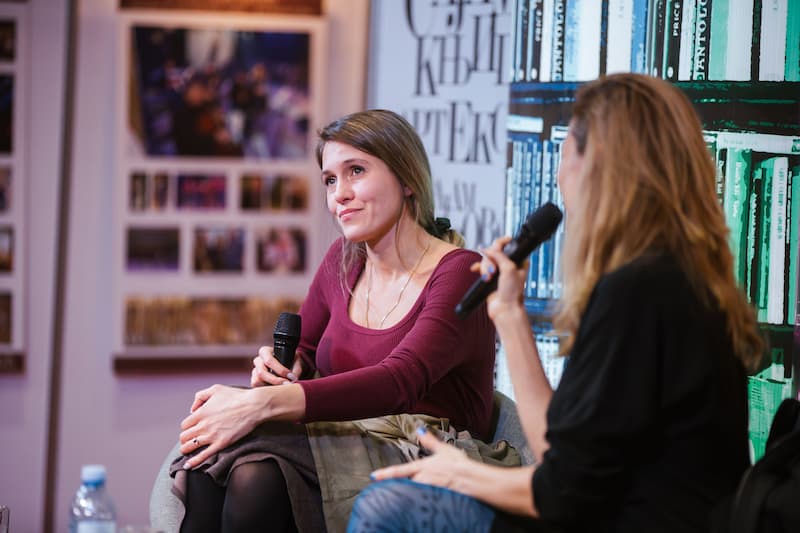
How do you perceive Novi Sad as the European Capital of Culture for half a year now, and how much does such a title contribute to strengthening the local art scene, connecting with other European and world artists, as well as highlighting young artists?
I noticed that people in the artistic circles in which I move have different opinions on the issue of the title that Novi Sad received. It is true that such a short-term project does not guarantee that things will change in a stronger sense, but I think it is an honour and a great opportunity for the art scene of our country that artists should use. And those who raise eyebrows, have remarks or words of criticism, I think they already have enough opportunities in life. I think that Novi Sad justifies the title with its programme, participants and organizers.
Author: Anđela Dalmacija
Photo: Marko Pudić

